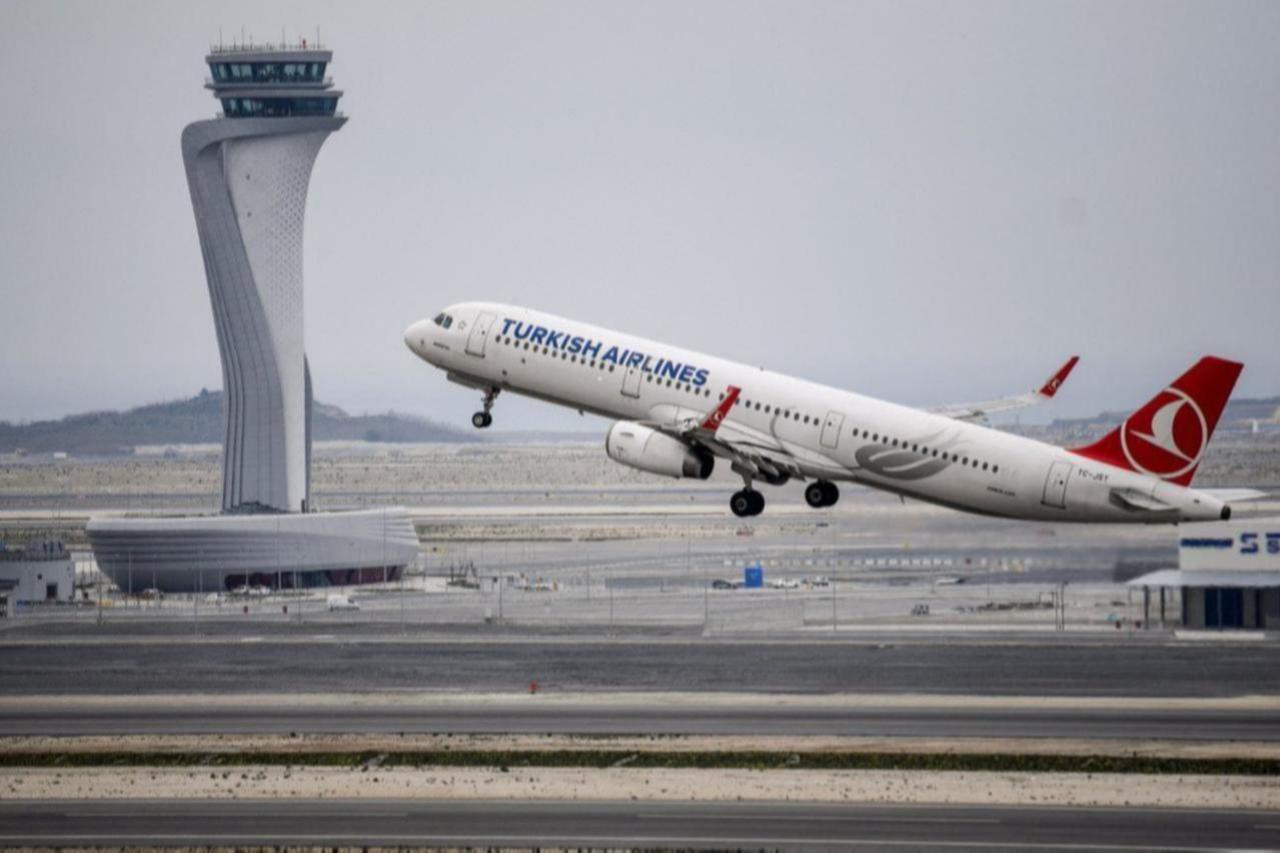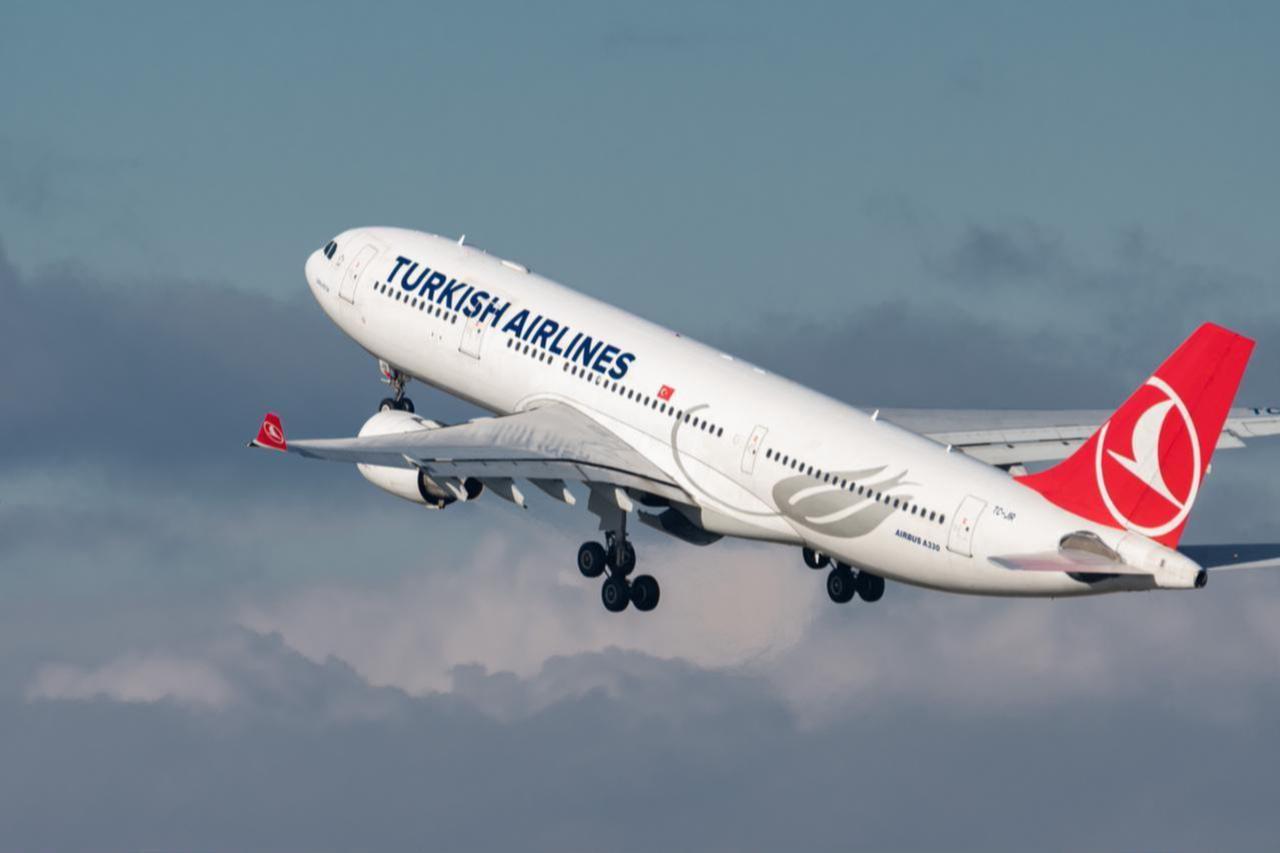
Turkish Airlines is set to become one of the world's largest carriers by 2033, with plans to operate 813 aircraft as part of an ambitious expansion strategy, the company's chairman announced during a live television interview.
Prof. Dr. Ahmet Bolat, Chairman of Turkish Airlines' Board of Directors, outlined the national carrier's growth trajectory during an appearance on CNN Turk, revealing details of ongoing negotiations with major aircraft manufacturers Boeing and Airbus.
"We are Türkiye's second-largest holding company with nearly 100,000 employees," Bolat said. "Our target is to reach 813 aircraft by 2033."

The expansion builds on Turkish Airlines' recent procurement activities, including a significant order placed with European manufacturer Airbus in late 2023. Despite diplomatic tensions between Türkiye and France at the time, the airline proceeded with an order for 355 Airbus aircraft after consulting with the Foreign Ministry.
"Our relations with France weren't very good then, but we placed the order," Bolat explained. "We consulted with the Foreign Ministry, and they told us to focus on whatever serves your interests."
The chairman revealed that negotiations with Boeing have been ongoing for two and a half years, with pricing agreements reached 18 months ago. However, engine-related discussions remained the primary obstacle to finalizing deals.
"The open issue was engine matters," Bolat said, noting the airline's average profit margin of $22-23 per passenger. He described the procurement process as involving two separate negotiations: one for engines mounted on aircraft wings and another for maintenance agreements covering the engines' 30-year operational lifecycle.
Turkish Airlines has now signed agreements for 75 of 225 planned Boeing aircraft, with engine negotiations nearly complete. The deal includes 50 firm orders and 25 options, alongside plans to acquire 150 narrow-body aircraft.
Bolat emphasized the airline's cautious approach to aircraft selection, stating the company avoids purchasing unproven aircraft models. He noted that Boeing's 777 aircraft are still undergoing test flights, and the airline continues evaluating its needs for larger aircraft.
The fleet expansion strategy takes into account operational requirements across Turkish Airlines' route network, with different aircraft types suited for specific routes. "Airbus and Boeing aircraft don't have the same capacity," Bolat noted. "On some routes you need to use the Max, on others the 321."
Political meetings did not influence procurement decisions
Addressing questions about potential political influences on aircraft purchases, Bolat stated that recent high-level diplomatic meetings between Turkish and American officials did not include discussions about Turkish Airlines' procurement decisions.
"Nothing related to THY was discussed during the Erdogan-Trump summit," he said. "Our agreement with Boeing was already concluded."